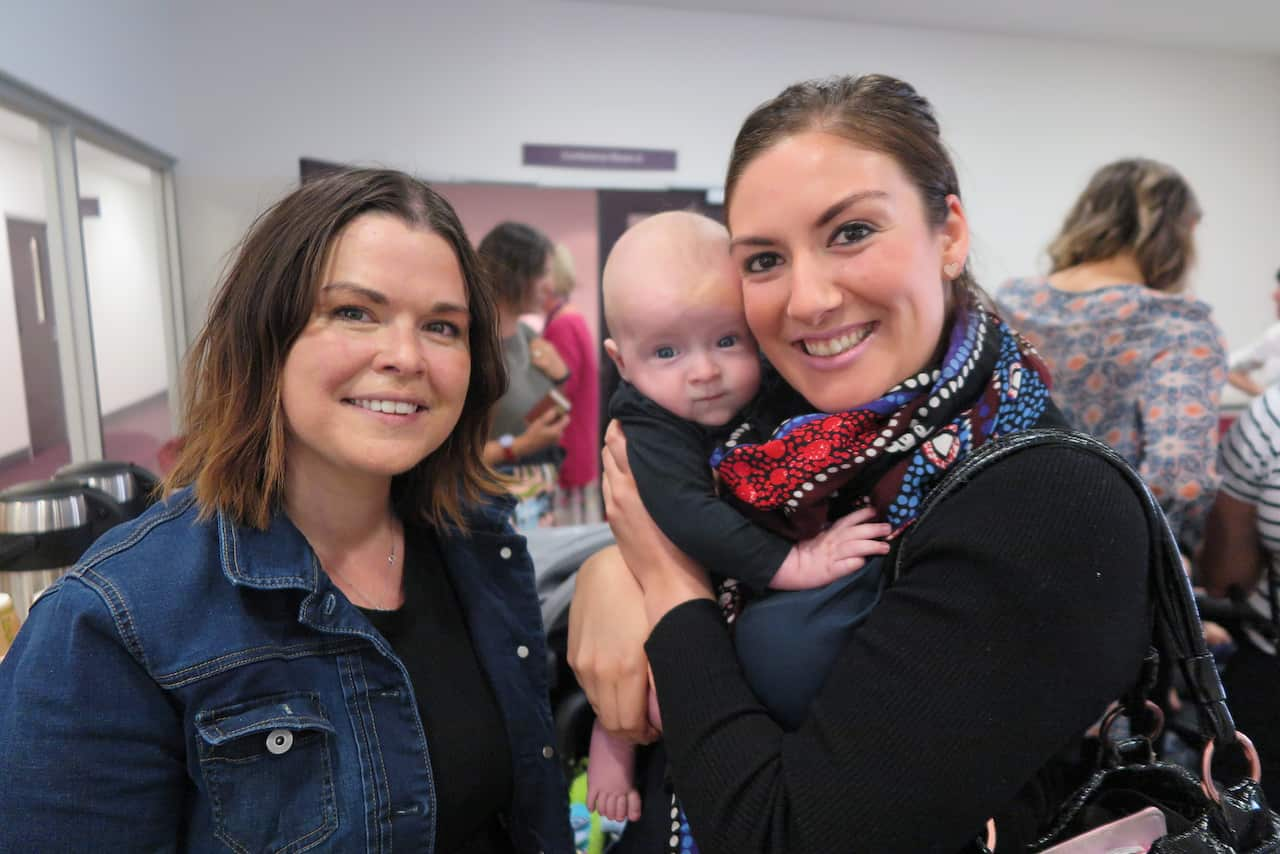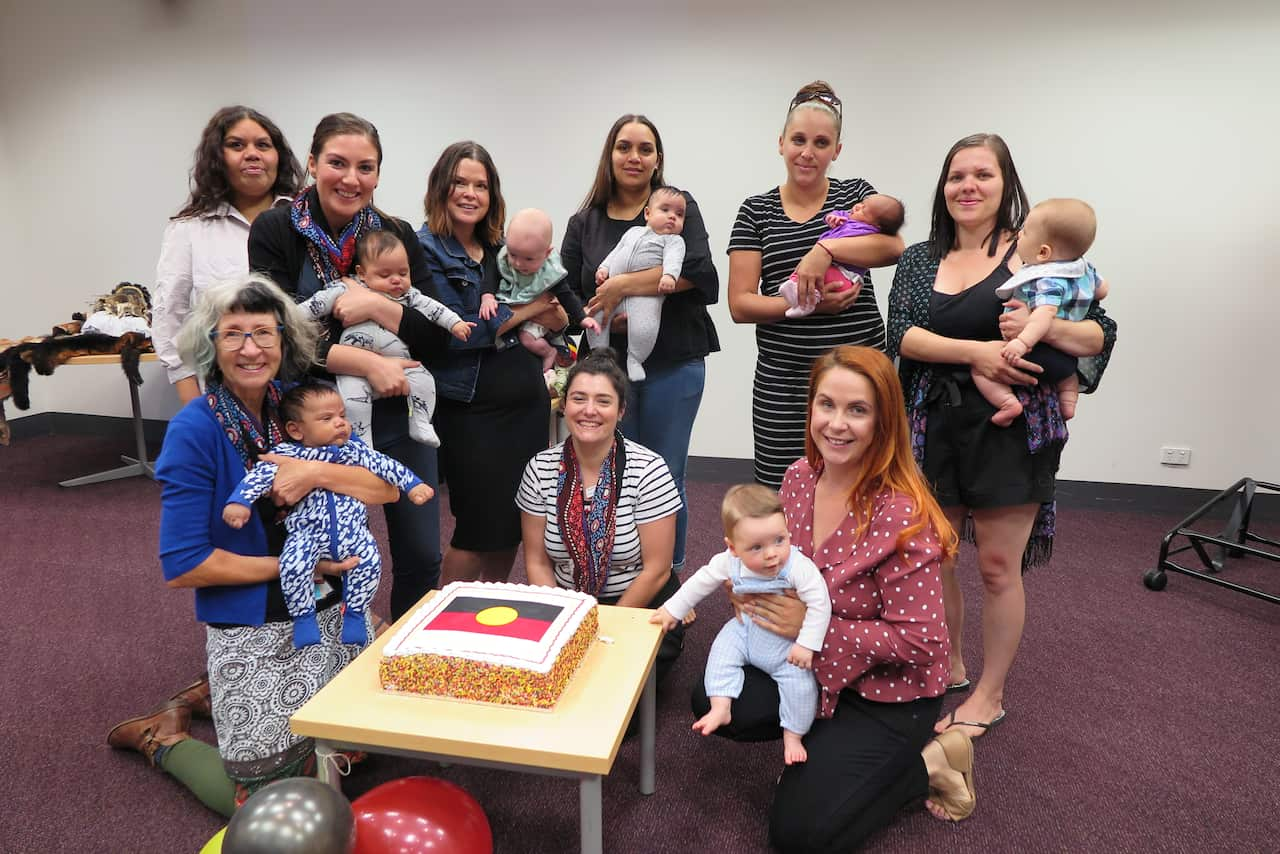It's been a year since the Baggarook Yerongi model of gold standard of maternity health care was first offered for Aboriginal women navigating the hospital system during their pregnancy and child birthing experience.
The program was named Baggarook Yerongi -Women’s Journey by Wurundjeri Elder Diane Kerr in the Woiwurrung language of the Kulin Nation.
The women’s journey program is run in four hospitals for First Nations women in Victoria and is a partnership between Latrobe University and VACCHO.
The hospitals involved in the model of care are the Royal Women's, Mercy Hospital for Women, Sunshine Hospital and Goulburn Valley Health Shepparton.
Funding from the National Health and Medical Research Council helped start the program at the Royal Women's Hospital Melbourne in March 2017.
The outcomes of the Baggarook Yerongi program has led to less complications for mum and babies at risk and an ongoing relationship with mother, baby and the midwife.
Cultural safety and support in hospital allows women to have control of their pregnancy and child birth experience. Professor of Midwifery at Latrobe University Helen McLaughlan says the one-on-one and case load midwifery component of Baggarook Yarrongi gives women their own personalised care program so they can enjoy the experience.
Professor of Midwifery at Latrobe University Helen McLaughlan says the one-on-one and case load midwifery component of Baggarook Yarrongi gives women their own personalised care program so they can enjoy the experience.

Baggarook Yerongi programm. Mum Sarah Smith with midwife Amber Gibson, holding Sarah’s baby Macklin Source: Latrobe University
"The program makes hospital's a safer place for mum's and helps them to navigate the system"
This model also offers career opportunities for First Nations midwifes to work with women in their community.
Professor Mclaughlin says "We previously have done a major study here with Latrobe Uni and the Royal Women's Hospital, the first trial of this model of caseload care in Australia."
"In the beginning VACCHO thought it would be a great model for women in the community."
"Women have more positive births because we know the difference for Aboriginal mum's. The program makes hospital's a safer place for mum's and helps them to navigate the system."
Professor McLaughlin says now the number of women accessing Baggarook Yerongi has increased from six to over 60 women in a year. 

Baggarook Yerongi celebrations. Front right-Sophie Habel with baby Oscar. Source: Latrobe University
Sophie's Journey
Wathurung woman Sophie Habel is the 13th women to have her baby with the Baggarook Yarongi model of care at the Royal Women’s Hospital.
Sophie says the Women's Journey program has been successful making her and her partner and son very happy.
She says she feels special and culturally respected and her relationship with her midwife is ongoing.
"We were treated with respect and dignity and we weren't treated like XYZ"
Being away from country and family in Ballarat to have her son was a difficult decision to make at first but she is relieved to have been given the care that both her and her baby needed for a healthy pregnancy and birthing.
Sophie says "We were a bit concerned because we didn't have our village behind us, we went though VAHS and were referred to the Baggrook program. My partner and I had the most amazing support from start to finish."
Sophie says the difference with her birthing journey was that they were made to feel safe and culturally support and special.
"We were treated with respect and dignity and we weren't treated like XYZ. It made the processes safer and more comfortable."
#@NITVRadio #@NAIDOC2018
